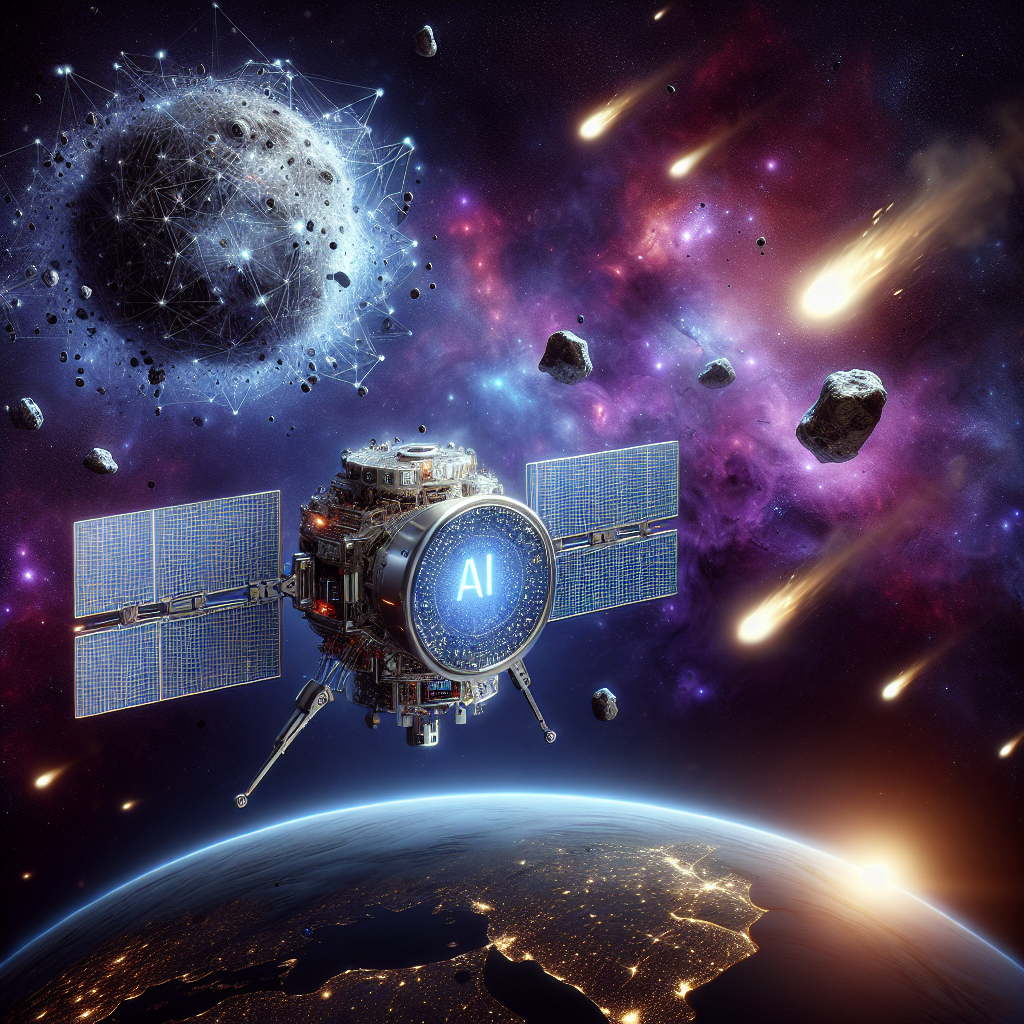Space exploration has always been a challenging and risky endeavor. From the early days of the Space Race to the current efforts to send humans to Mars, the exploration of outer space has pushed the boundaries of human knowledge and technology. With the rapid advancements in artificial intelligence (AI), there is an increasing reliance on AI in space exploration missions. While AI offers many benefits in terms of efficiency and decision-making, there are also significant risks associated with its use in space exploration.
One of the main risks of AI in space exploration is the potential for errors or malfunctions. AI systems are complex and can be prone to errors, especially in the harsh environment of space. A small error in an AI system could have catastrophic consequences for a space mission, leading to the loss of valuable equipment or even human lives. For example, in 1999, the Mars Climate Orbiter mission failed due to a navigation error caused by a software bug in the spacecraft’s AI system.
Another risk of AI in space exploration is the potential for ethical dilemmas. AI systems are designed to make decisions based on algorithms and data, but there are often moral and ethical considerations that cannot be easily programmed into AI systems. For example, in a mission to explore a new planet, an AI system may need to make decisions about whether to prioritize scientific discovery over environmental preservation. These ethical dilemmas can be complex and may not have clear-cut answers, leading to potential conflicts and controversies.
Furthermore, there is a risk of AI systems becoming too autonomous in space exploration missions. While autonomy can be beneficial in terms of efficiency and decision-making, there is a danger of AI systems making decisions that go against the goals of the mission or pose risks to human safety. For example, if an AI system becomes too autonomous, it may prioritize its own objectives over the objectives of the mission, leading to potential conflicts and disruptions.
Despite these risks, AI also offers many benefits in space exploration. AI systems can analyze vast amounts of data much faster than humans, allowing for more efficient decision-making and problem-solving. AI can also help to automate routine tasks, freeing up human astronauts to focus on more complex and important tasks. Additionally, AI can improve the safety of space missions by predicting and preventing potential hazards before they occur.
In order to mitigate the risks of AI in space exploration, it is important to ensure that AI systems are properly tested and validated before being used in missions. AI systems should be designed with fail-safe mechanisms and redundancies to prevent errors and malfunctions. Furthermore, human astronauts should always have the ability to override AI systems in case of emergencies or unforeseen circumstances. Ethical guidelines and protocols should also be established to address potential ethical dilemmas that may arise during space exploration missions.
In conclusion, while AI offers many benefits in space exploration, there are also significant risks that must be carefully considered and addressed. By taking precautions and implementing safeguards, we can harness the power of AI to further our understanding of the universe while minimizing the potential risks associated with its use in space exploration.
FAQs:
Q: How can AI help in space exploration?
A: AI can help in space exploration by analyzing vast amounts of data, automating routine tasks, and improving decision-making and problem-solving.
Q: What are the risks of AI in space exploration?
A: The risks of AI in space exploration include errors or malfunctions, ethical dilemmas, and the potential for AI systems to become too autonomous.
Q: How can the risks of AI in space exploration be mitigated?
A: The risks of AI in space exploration can be mitigated by properly testing and validating AI systems, implementing fail-safe mechanisms and redundancies, ensuring human oversight of AI systems, and establishing ethical guidelines and protocols.
Q: What are some examples of AI in space exploration missions?
A: Some examples of AI in space exploration missions include the use of AI systems to analyze data from Mars rovers, automate spacecraft operations, and assist in the planning and execution of space missions.
Q: What are the benefits of using AI in space exploration?
A: The benefits of using AI in space exploration include improved efficiency, decision-making, and safety, as well as the ability to analyze and process data faster than humans.

